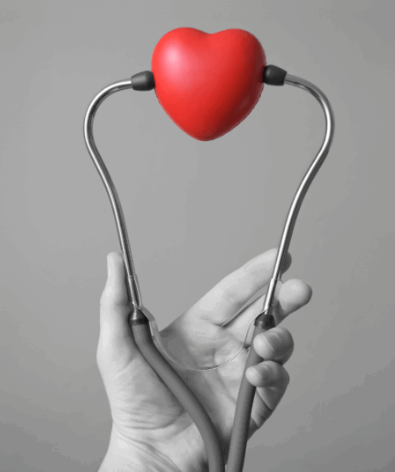
The 5 Essential Pillars of Wellness: A Simple Guide to Self-Care
Taking care of ourselves is essential for a healthy, fulfilling life, yet we often find it hard to implement simple self-care habits. Even though we know the importance of eating well, staying active, and managing stress, why does it feel so challenging to make these habits stick?
Through trial and error, I discovered a practical approach to self-care that focuses on five key areas, or “pillars,” which have helped me prioritize my health. These pillars provide a foundation for overall wellness, and incorporating them into your routine can lead to lasting improvements in your well-being. So, what are these five pillars?
1. The Food You Eat
It’s no surprise that the first pillar revolves around food. Nutrition plays a major role in overall health, and after facing a health scare myself, I realized just how crucial it is. Eating a balanced diet filled with fresh, plant-based foods can have an enormous impact on how you feel every day.
Self-care tips for healthy eating include:
- Focus on fresh, plant-based foods.
- Avoid processed foods and excessive meat consumption.
- Add foods that promote gut health, such as prebiotics and probiotics.
- Enjoy your favorite flavors while experimenting with new, healthy options.
- Trust your intuition when it comes to food choices.
While it may seem like a big lifestyle change, it’s simpler than you think. Start small by adding more vegetables to your meals and taking gradual steps toward better nutrition. A small change, like adding an extra serving of veggies, can help fill nutritional gaps and improve your health quickly.
2. The Drinks You Choose
Hydration is a cornerstone of health, and it’s something I’ve become passionate about. Drinking enough water can significantly improve both physical and mental health. Dehydration can lead to a variety of issues, including fatigue, low blood pressure, and impaired brain function, making hydration essential for optimal well-being.
To determine how much water you should be drinking, simply divide your body weight by two to get the number of ounces you need per day. If you’re using the metric system, divide your weight in kilograms by 30 to find out how many liters you should consume.
3. The Thoughts You Think
Stress is a major contributor to many health problems, and managing stress effectively is crucial for maintaining wellness. For me, meditation is a powerful tool for managing stress, and I created a meditation practice to help others shift their mindset and focus on the positive aspects of their bodies instead of criticizing themselves.
Mindfulness, which involves noticing your thoughts and feelings without judgment, is another fantastic way to support mental health. Other emotional self-care practices, such as tapping, yoga, and taking mindful breaks, can help reduce stress and increase overall well-being. By embracing a positive outlook, you not only reduce stress but also lower your risk for chronic diseases.
Remember, when you change your mindset, you change your life. Positive thinking is a powerful tool that can help you reach your health and wellness goals.
4. The Rest You Get
A good night’s sleep is often overlooked, but it’s essential for physical and mental health. Unfortunately, many of us struggle to get the recommended 7–8 hours of sleep each night. Lack of sleep can affect everything from immune function to memory retention and appetite regulation.
Sleep quality is just as important as sleep quantity. Create a calming bedtime routine and ensure your bedroom is cool, dark, and comfortable to optimize rest. Reducing stress before bed is also crucial, as high levels of cortisol can disrupt sleep.
Remember that rest doesn’t just mean sleep—it also involves recharging during the day. Taking breaks and finding moments to relax can help you feel more energized and improve overall productivity.
5. The Ways You Renew
Renewal is about recharging your energy and finding joy in life. This can come in many forms, such as physical movement, playful activities, and social connections.
According to the CDC, less than 25% of Americans meet the recommended levels of physical activity. But exercise doesn’t have to feel like a chore. Find activities that you enjoy, whether it’s yoga, swimming, or dancing. When you enjoy your workout, it becomes a celebration of your body rather than a burden.
Play is another essential part of this pillar. Even as adults, we need fun and recreation to maintain a healthy, joyful life. Whether it’s engaging in a hobby, visiting a museum, or taking a weekend getaway, joy is a vital component of self-care.
Finally, social connection is key. Surround yourself with supportive people who encourage your wellness journey. Having a community helps keep you motivated and makes self-care a more enjoyable experience.
Building Your Five Pillars of Wellness
Prioritizing self-care is one of the most important things you can do for yourself. When you focus on these five pillars—nutrition, hydration, mindset, rest, and renewal—you’ll feel more balanced and energized. Your relationships, work, and overall health will flourish as you make time for self-care.
Start small, dedicating just a few minutes each day to each pillar, and you’ll soon notice positive changes in your life. Remember, you deserve to feel your best, and these five pillars are the perfect foundation for a healthier, happier you.






